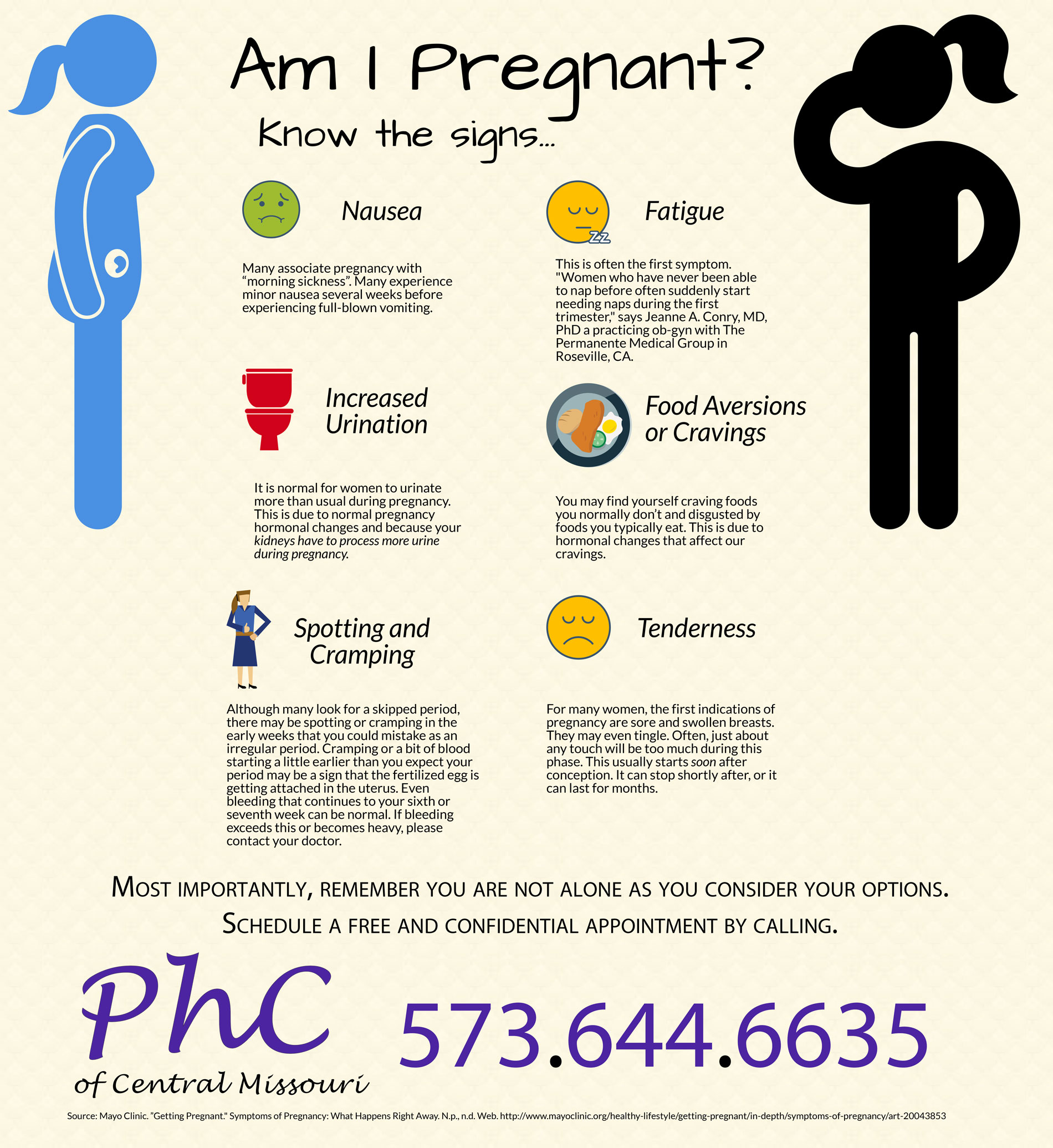
1 Week Pregnancy Signs: A Comprehensive Guide
Pregnancy is a transformative journey that begins with a single moment of conception. While the most common signs of pregnancy, such as a missed period and morning sickness, typically manifest later in the first trimester, there are subtle early signs that may indicate the presence of a new life. Understanding these early pregnancy signs can help you make informed decisions about your health and the well-being of your potential baby.
What Happens During the First Week of Pregnancy?
The first week of pregnancy is technically considered the week before conception, as it marks the beginning of your menstrual cycle. During this phase, your body prepares for the possibility of fertilization and implantation. The ovaries release an egg, which travels down the fallopian tube towards the uterus.
Signs of Pregnancy at 1 Week
While it is uncommon to experience noticeable pregnancy symptoms during the first week, some women may experience subtle changes that could indicate conception. These signs include:
- Implantation bleeding: Around 6-12 days after ovulation, the fertilized egg (now called a blastocyst) implants into the lining of the uterus. This process can sometimes cause light spotting or bleeding, which is often mistaken for a period.
- Increased basal body temperature: Your basal body temperature (BBT) is the lowest temperature your body reaches during sleep. After ovulation, your BBT typically rises slightly and remains elevated throughout the first trimester.
- Breast tenderness: Hormonal changes during early pregnancy can cause breast tenderness and sensitivity.
- Fatigue: Progesterone, a hormone that supports pregnancy, can make you feel tired and lethargic.
- Frequent urination: As the uterus grows, it can put pressure on the bladder, leading to more frequent urination.
Other Possible Early Signs
In addition to the above signs, some women may also experience:
- Mood swings: Hormonal fluctuations can affect your mood, causing irritability, moodiness, or emotional sensitivity.
- Headaches: Increased blood flow during pregnancy can lead to headaches.
- Nausea: Morning sickness, a common pregnancy symptom, can sometimes begin as early as the first week.
- Constipation: Progesterone can slow down digestion, leading to constipation.
When to Take a Pregnancy Test
If you suspect you may be pregnant, the most accurate way to confirm is to take a pregnancy test. However, it is important to wait until after your missed period for the most reliable results. Home pregnancy tests detect the presence of human chorionic gonadotropin (hCG), a hormone produced by the placenta after implantation.
What to Do if You Think You’re Pregnant
If you experience any of the early pregnancy signs described above, it is important to schedule an appointment with your healthcare provider. They can perform a physical exam, confirm your pregnancy through a blood or urine test, and provide guidance on prenatal care and lifestyle adjustments.
Conclusion
While it is not always possible to detect pregnancy during the first week, understanding the potential early signs can help you make informed decisions about your health. If you suspect you may be pregnant, do not hesitate to take a pregnancy test and consult with your healthcare provider. Early prenatal care is essential for ensuring the well-being of both you and your baby.